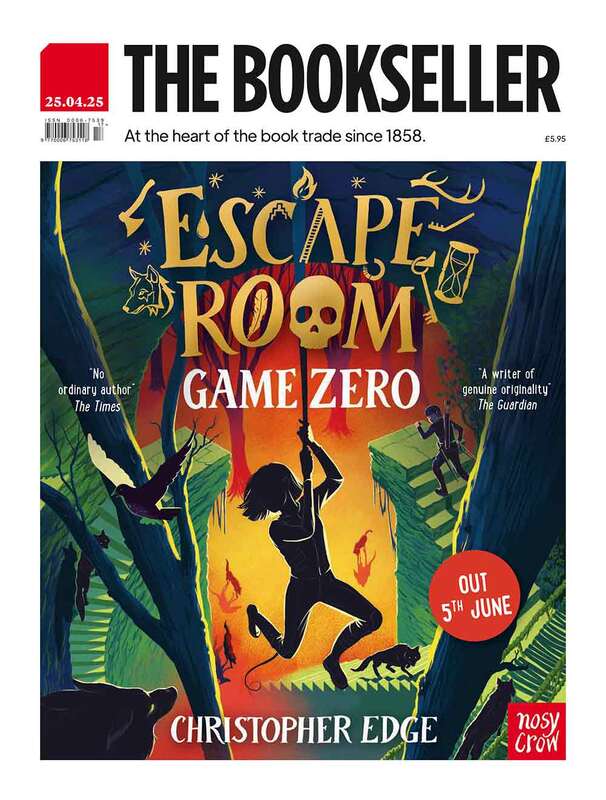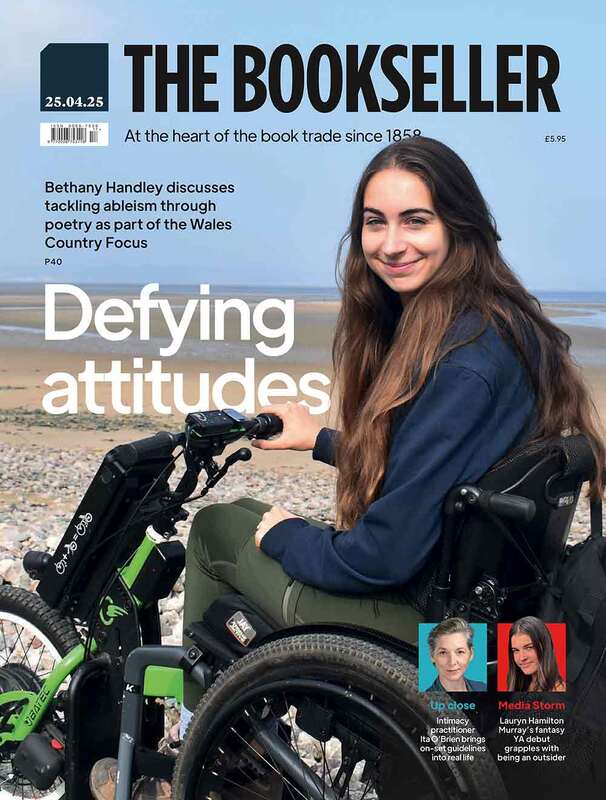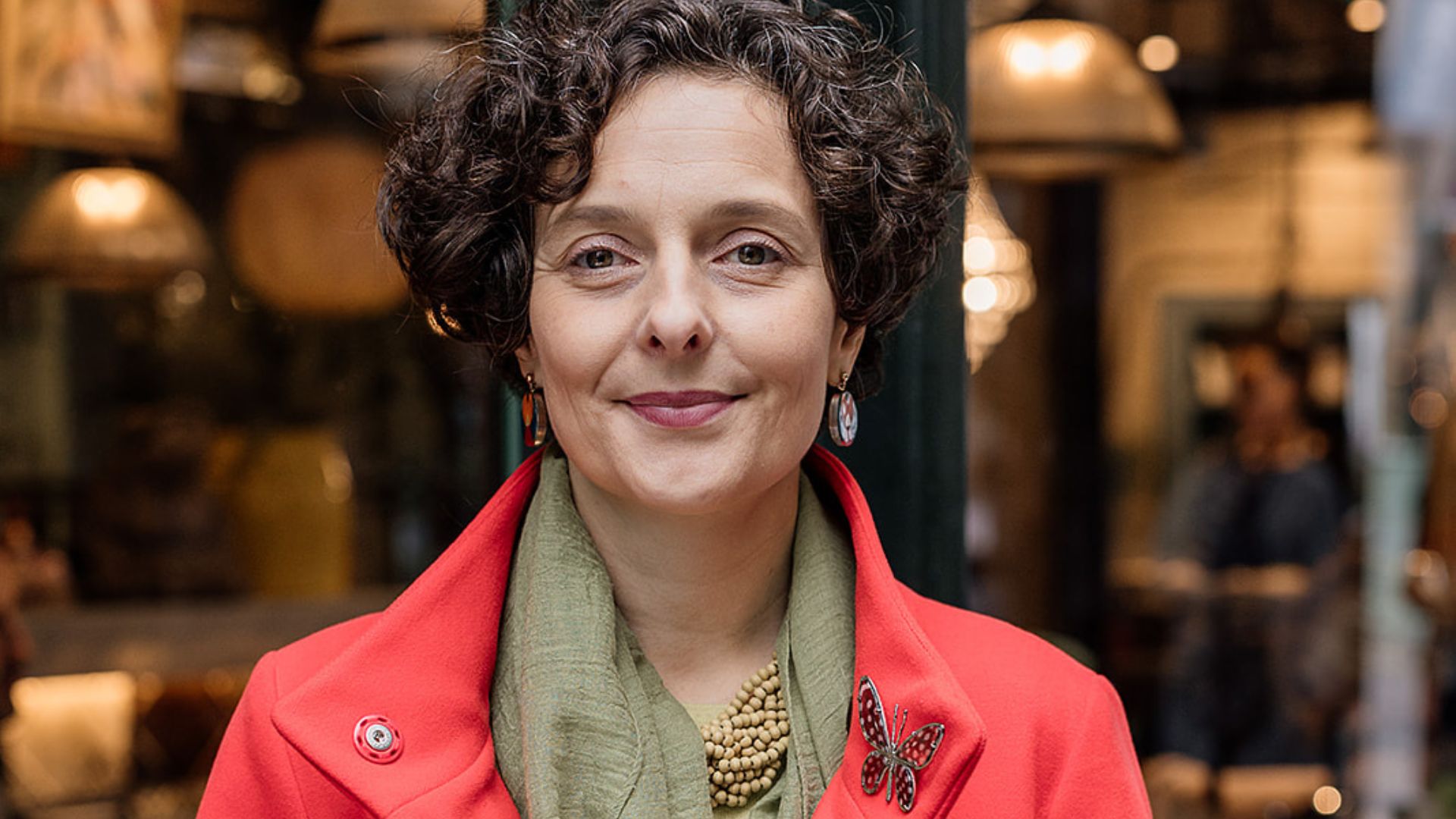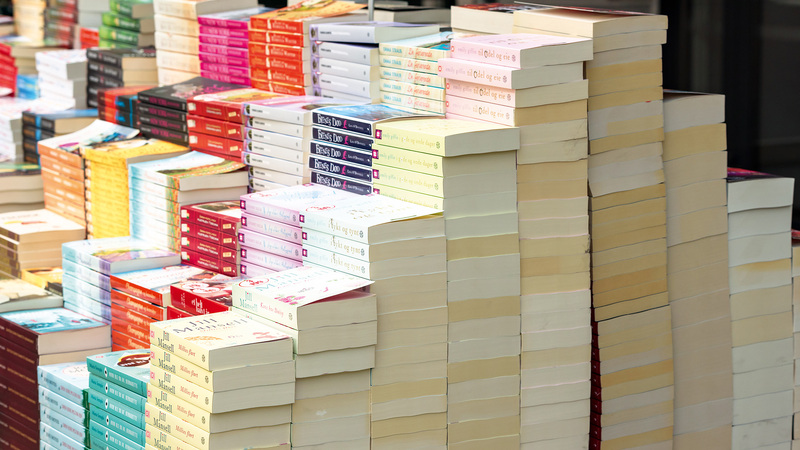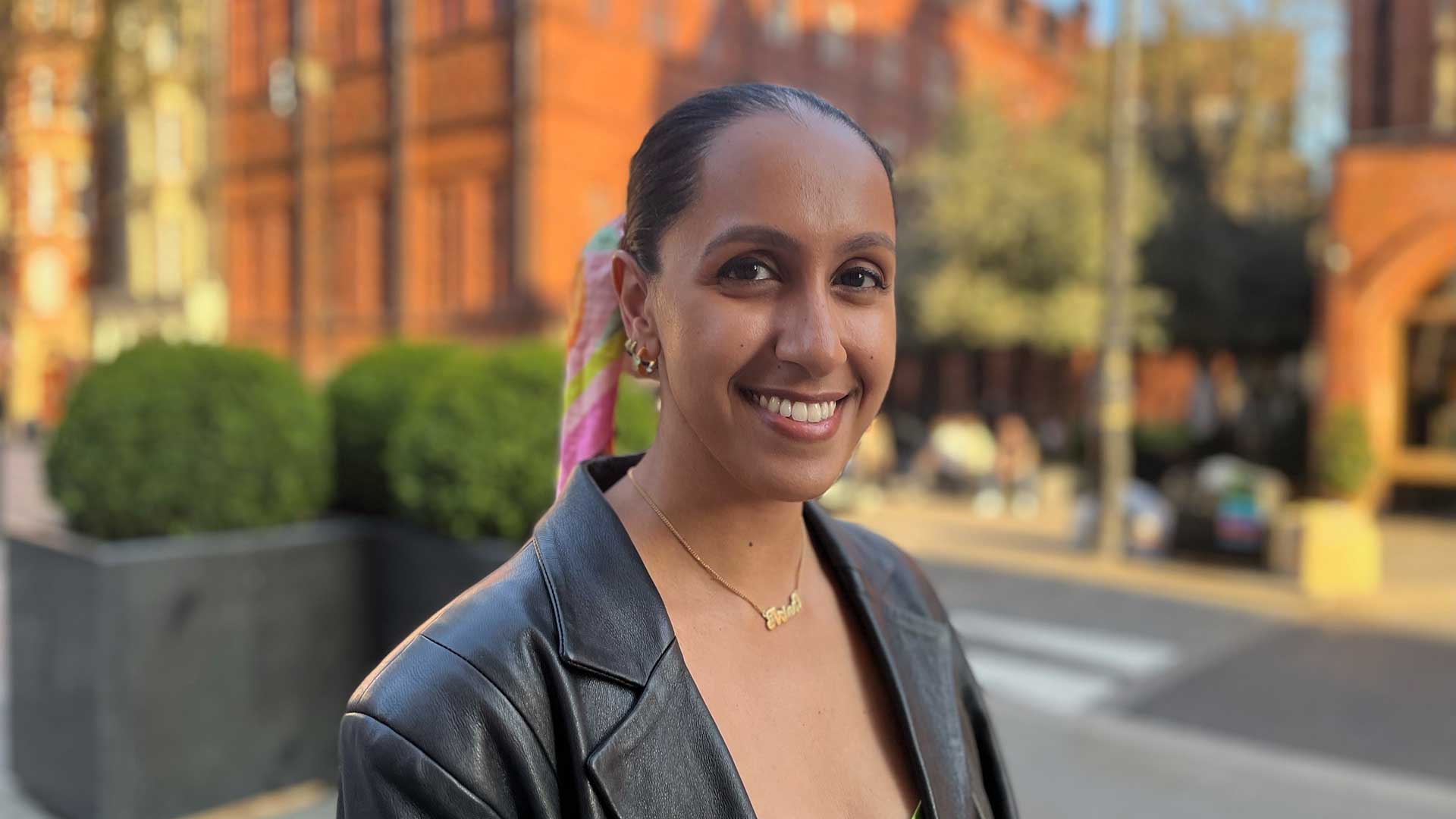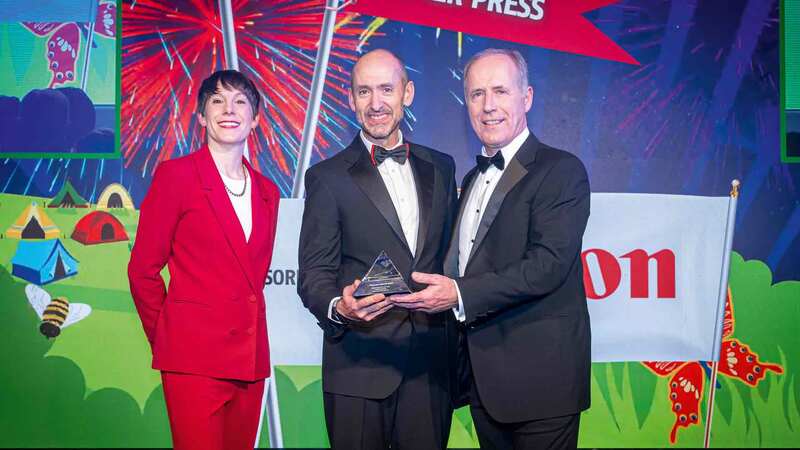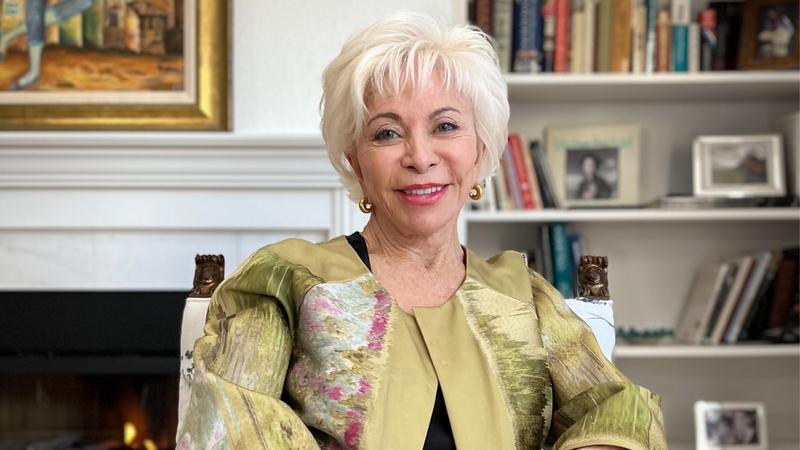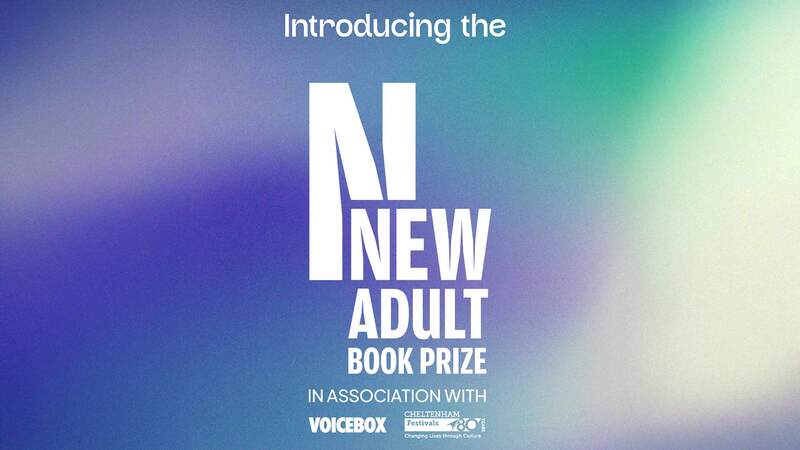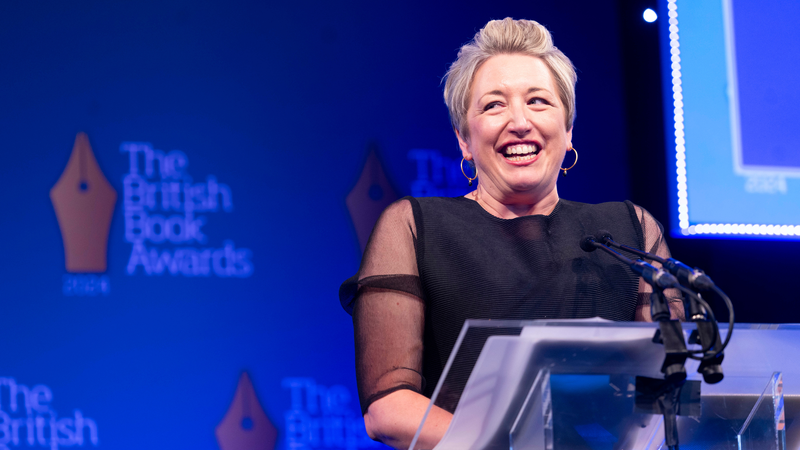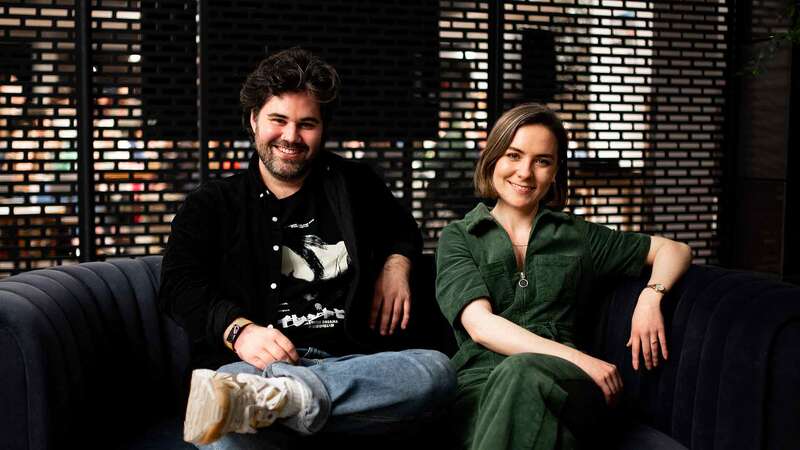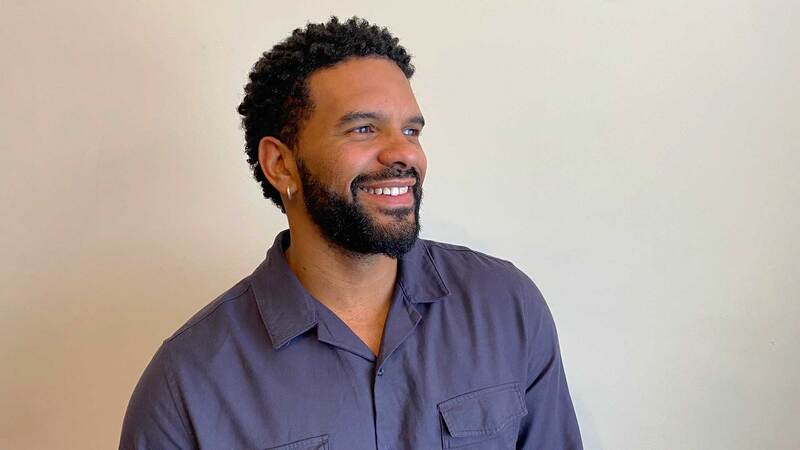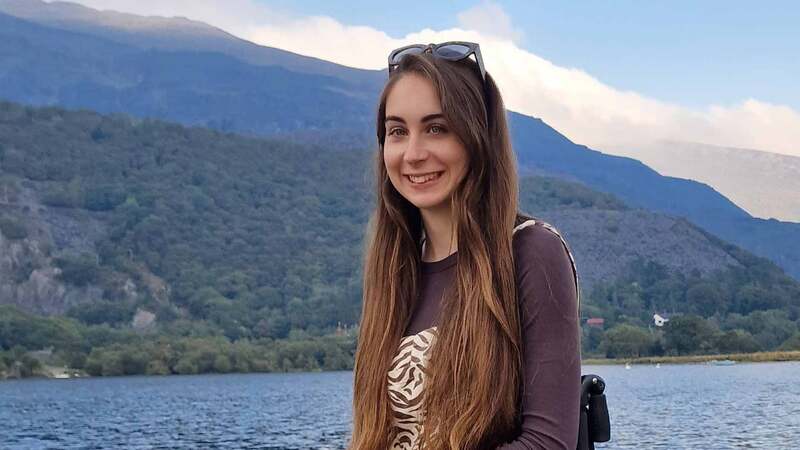You are viewing your 1 free article this month. Login to read more articles.
Buchaillard, Rowland-Hill and Newbury among Wales Book of the Year shortlistees
Works by the likes of Sophie Buchaillard, Matt Rowland-Hill and Lee Newbery have been shortlisted for Wales Book of the Year 2023, run by Literature Wales.
Awarding over four categories in both Welsh and English – Poetry, Fiction, Creative Non-Fiction and Children & Young People – Wales Book of the Year aims to celebrate some of the best literary works in the previous calendar year.
In contention for The Rhys Davis Trust Fiction Award in the English language category are This Is Not Who We Are by Sophie Buchaillard (Seren Poetry Wales Press) ; Fannie by Rebecca F John (Honno); and Drift by Caryl Lewis (Doubleday). In the Welsh language category, vying for the Fiction prize are: Pumed Gainc y Mabinogi by Peredur Glyn (Y Lolfa); Rhyngom by Sioned Erin Hughes (Y Lolfa); and Pridd by Llŷr Titus (Gwasg y Bwthyn).
Shortlisted for the Creative Non-Fiction Award in the English language category are: Isabel Adonis for And… a memoir of my mother (Black Bee Books); Jude Rogets for The Sound of Being Human: How Music Shapes Our Lives (W&N); and Matt Rowland-Hill for Original Sins (Chatto & Windus).
In the Welsh language, up for the Creative Non-Fiction Award are: Sgen i’m Syniad – Snogs, Secs, Sens by Gwenllian Ellis (Y Lolfa); Cylchu Cymru by Gareth Evans Jones (Y Lolfa); and Cerdded y Caeau by Rhian Parry (Y Lolfa).
Up for the The Poetry Award on the English language shortlist are: Paul Henry for As If to Sing (Seren Poetry Wales Press); The Language of Bees by Rae Howells (Parthian Books); and A Marginal Sea by Zoë Skoulding (Carcanet Press). Shortlisted for The Poetry Award in the Welsh language category are: Tosturi by Menna Elfyn (Cyhoeddiadau Barddas); Y Lôn Hir Iawn by Osian Wyn Owen (Cyhoeddiadau Barddas; ) and Anwyddoldeb by Elinor Wyn Reynolds (Cyhoeddiadau Barddas).
Competing in the Children & Young People’s category, in the English language, are: The Mab, by various authors (Unbound); The Last Firefox, Lee Newbery (Penguin Random House Children’s); and When the War Came Home, Lesley Parr (Bloomsbury Children’s Books). Up for the Children & Young People’s Award in the Welsh language are: Dwi Eisiau Bod yn Ddeinosor by Luned Aaron a Huw Aaron (Atebol); Byd Bach Dy Hun by Sioned Medi Evans (Y Lolfa) ; and Powell by Manon Steffan Ros (Y Lolfa).
For the first time in four years, Literature Wales is hosting a live ceremony to celebrate the writers and their books at The Tramshed in Cardiff on Thursday 13th July. A total of £14,000 in prizes will be distributed among the winners. The winner, or winners, of each category will receive a prize of £1,000 and the main winners will receive an additional £3,000. Each winner will also receive a Wales Book of the Year trophy, designed by artist and blacksmith Angharad Pearce Jones. The books which top the public vote will also be announced at the awards ceremony. The People’s Choice prize is organised by Wales Arts Review, and the Barn y Bobl Prize is organised by Golwg360.
This year’s English-language judging panel includes BAFTA-winning actress and writer Emily Burnett; author and teacher Emma Smith-Barton; poet and editor Kristian Evans; and former Wales Book of the Year category winner, writer Mike Parker. The Welsh-language judges are award-winning poet, author, and editor Ceri Wyn Jones; writer and winner of Wales Book of the Year 2021 Megan Angharad Hunter; former comedy commissioner, author and producer Sioned Wiliam; and Mudiad Meithrin trustee and diversity and inclusion promoter Savanna Jones.
Judge Mike Parker said: “From fact to fiction, poetry to prose, the standard of this year’s Wales Book of the Year shortlist is extraordinarily high. To arrive at it, we had to lose wonderful books in every single category – it was a very hard-fought battle, and a supremely intense discussion. Picking the winners will be an even tougher challenge!”
Literature Wales executive director Claire Furlong said: “As one of the highlights of the Welsh literary calendar, it’s a privilege to share the Wales Book of the Year shortlist and celebrate the depth and variety of fantastic Welsh writing. We must wait a fair few weeks before the winners are announced, so if you’ve not done so already, I urge you to read these wonderful books, and wherever you may be – the library, the office, at the school gates – discuss them, celebrate them, and encourage others to do the same.”

